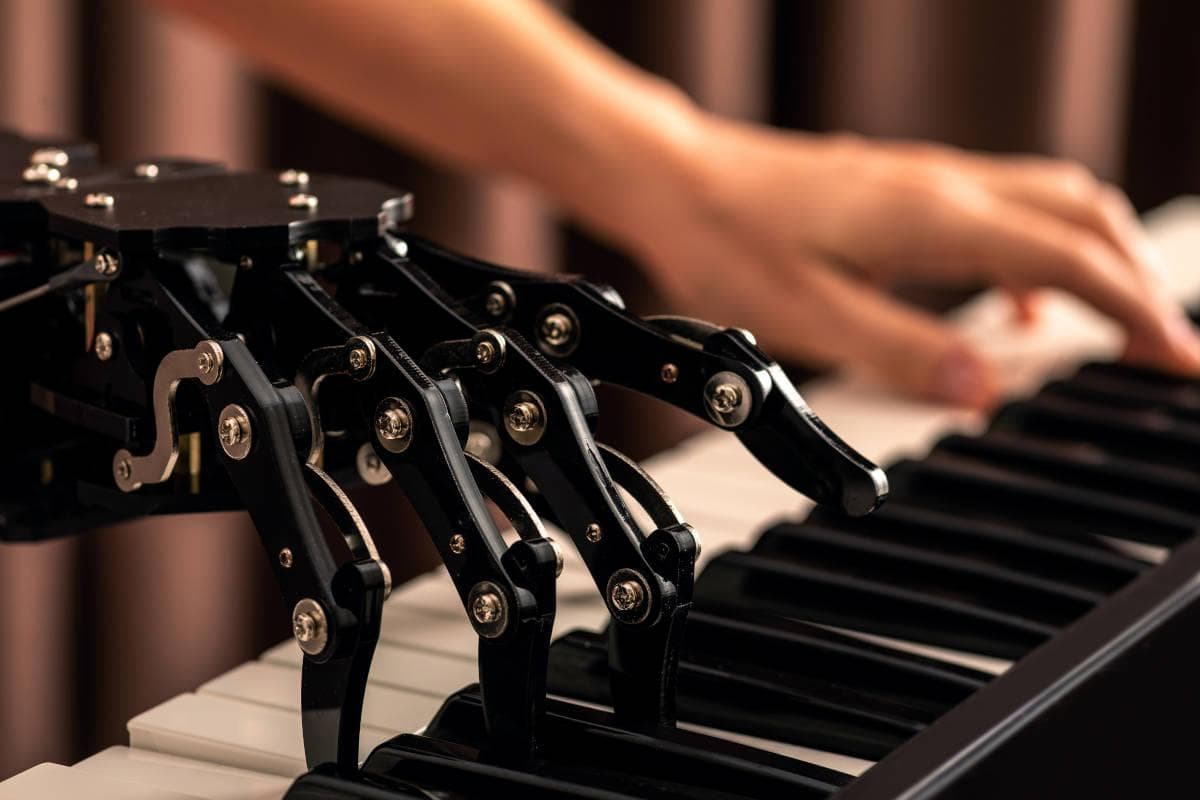Nicki Minaj Weighs in as AI Disrupts the Music Industry

AI is transforming the music industry
Published on: (Updated on: )
Nicki Minaj Weighs in as AI Disrupts the Music Industry
Introduction
As people create music using AI that mimics renowned artists, ethical and legal debates intensify. In recent years, artificial intelligence has permeated almost every industry you can think of—retail, healthcare, transportation, and more. But one sector experiencing some of the most fascinating and, at times, controversial disruptions due to AI is the music industry. With machine-learning algorithms now capable of composing lyrics and simulating the voices of famous artists, the boundaries of creativity and legality have blurred. This became especially evident when artist Nicki Minaj tweeted on August 28, 2023, raising questions about the ethics and consequences of AI in music. Nicki Minaj tweeted as follows:
The Advent of AI in Music Composition
Traditionally, composing lyrics required the touch of human emotion, nuanced understanding of language, and a creative flair. However, AI algorithms like GPT-4 have become proficient at generating lyrics that can sometimes be indistinguishable from human compositions. Musicians, producers, and even amateurs are leveraging these technologies to compose verses, choruses, and full-length songs in a matter of minutes.
Mimicking Iconic Voices
It's not just lyrics; AI has made strides in voice synthesis as well. Tools like Descript's Overdub and iSpeech allow users to mimic the vocal characteristics of famous singers, essentially creating a virtual vocalist. While this is an incredible technological advancement, it raises some serious ethical concerns.
The Controversy: Ownership, Ethics, and Legalities
Nicki Minaj's tweet highlights the growing concern that AI could be used unethically. If someone can create a song using an AI-generated voice mimicking a famous artist and post it online, the following questions arise:
- Intellectual Property: Who owns the rights to this AI-generated music?
- Authenticity: How does this affect the authenticity of music when fans can't tell if their favorite artist has genuinely contributed?
- Monetary Concerns: Should the artist being mimicked be compensated for the use of their distinctive voice and style?
As Minaj pointed out, the creators of such songs could easily exploit the fanbase of the artist they're mimicking to go viral, thereby reaping the benefits without any legal or financial obligations to the artist.
A New Landscape: How Are Artists and Record Labels Responding?
Some artists and record labels have started collaborating with tech companies to ensure that their voice models are only used with proper licensing. Efforts are also underway to identify AI-generated content to keep the audience informed about what they're listening to.
The Future: What Lies Ahead?
The debate around AI's role in music creation is unlikely to die down anytime soon. While these tools offer an incredible avenue for creativity and experimentation, there needs to be a balanced approach that respects the intellectual and creative contributions of human artists. The industry may need to look towards new models of ownership and licensing to adapt to this digital revolution.
Conclusion
The disruptive nature of AI in the music industry is a double-edged sword. On one hand, it democratizes the field, offering tools for anyone to create music. On the other, it brings up a host of ethical and legal questions that are yet to be fully answered. As the technology advances, the industry, lawmakers, and artists themselves will need to find a harmonious solution that preserves the sanctity of art while embracing innovation.